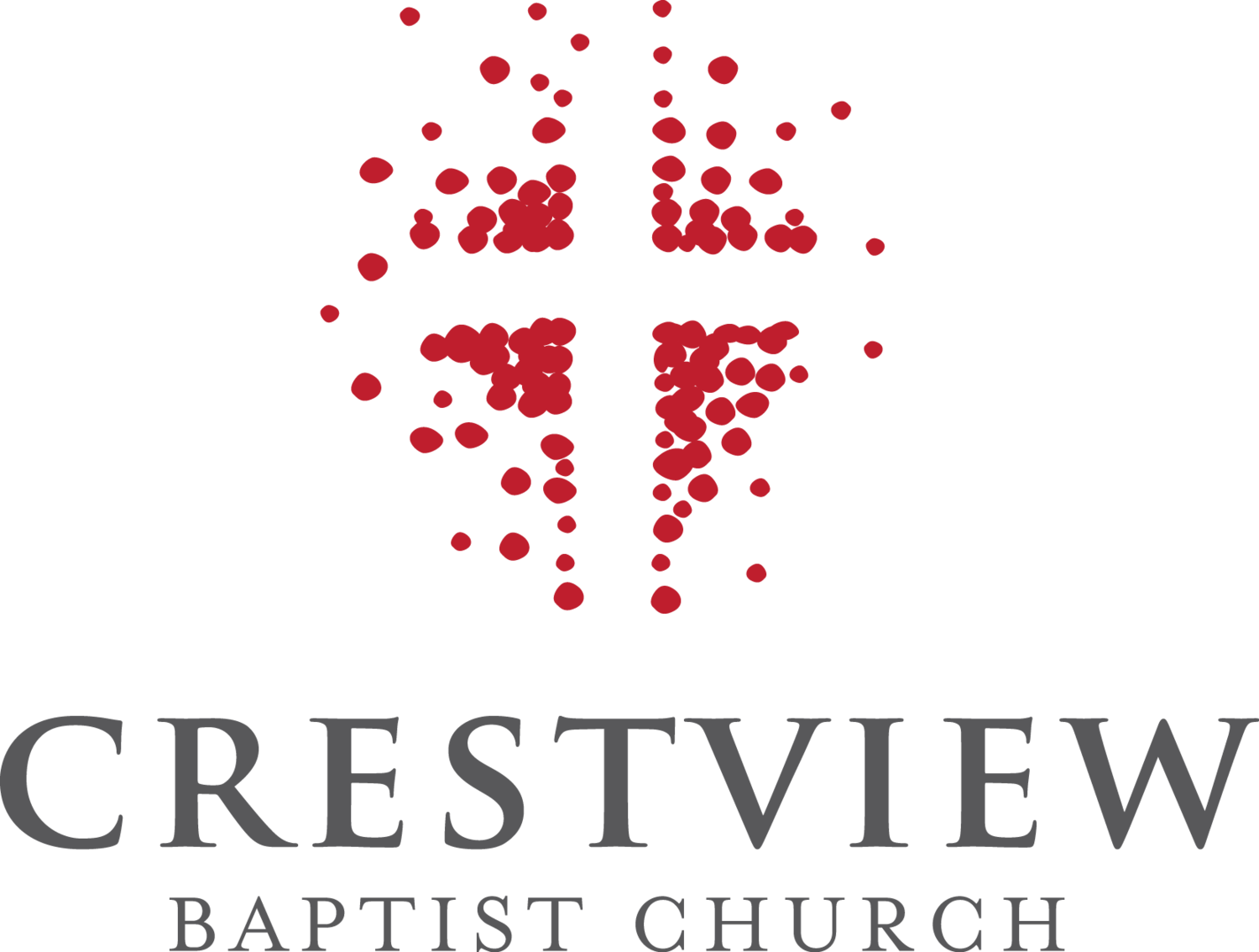A Full Weekend of Ministry!
Join me in praising the Lord for a full weekend of ministry! About twenty-five middle and high school students participated in DNow, along with 200 other students representing multiple FRBA churches! Pray for long-term fruit from the sermons, worship, and friendships!
Fifteen newcomers participated in Intro to Crestview yesterday, learning more about our beliefs, membership, and life together. Pray as some are baptized and plan to join soon.
The final McIntosh Baptist Church replant interest meeting was held yesterday evening. About twenty people from at least five different churches showed up to learn more and consider joining the plant team. In the coming weeks, those who have shown interest will be invited to join the plant team and move toward covenanting as a church in September. Thanks for continuing to pray for this work.
I am thankful for the parents, volunteers, and church family who made this weekend possible!
Why Is Open Communion a Concern?
Yesterday, I completed the three-part sermon series “Understanding the Lord’s Supper.” I pray this series strengthened your appreciation of the supper in the life of the church. One of the reasons I stated for this series is my concern with open communion within the larger network of Great Commission Baptists (SBC). Why should we be concerned about how other churches practice the supper?
A 2012 Lifeway Research study, the most current I have found, determined that 52 percent of SBC churches practice open communion.[1] Open communion encourages believers to eat even though they are unbaptized and unaffiliated with a local church. The Baptist Faith and Message, the doctrinal statement of the SBC, expresses a close (or closed) view of communion, not an open one. There are several reasons why the widespread practice of open communion by sister churches should be of concern to us.
First, open communion eventually threatens the gospel because it eliminates accountability for proper understanding and personal confession of faith. Open communion allows the individual, alone, to determine whether they have come to faith in Christ. Perhaps they believe rightly, perhaps not. Believer's baptism, on the other hand, allows the church, or at least its designees (like a pastor or missionary), to verify that a person accurately grasps the gospel and is making a trustworthy confession of faith. Believers’ baptism and close communion go together.
Second, open communion eventually threatens the church because it makes membership meaningless and church discipline impossible. Open communion allows an individual believer to identify as a church member by eating the bread (1 Cor 10:17), while potentially having no real commitment, participation, or love toward a local church. Open communion, perhaps unwittingly, fosters individualism and independence from the church. Local church membership, though, makes commitment clear and love for fellow members tangible. Additionally, open communion makes the Bible's instructions for church discipline impossible to follow. If a church allows anyone to the table through open communion, that church cannot then exclude anyone from the table in discipline. Regenerate church membership, congregational polity, and close communion go together.
Third, open communion is a departure from historic Baptist convictions. Yes, there have been some Baptist churches in history who have practiced open communion. However, this has been a minority. A brief survey of influential Baptist confessions of faith proves that most Baptists have practiced close or closed communion, not open.
Fourth, open communion is a departure from the Baptist Faith and Message, the doctrinal statement of the SBC. It worries me that more than half of SBC churches have a practice that stands in conflict with the convention’s confession of faith. If churches treat this article of the confession as immaterial, then it opens the door to the dismissal of other articles of the confession. The slippery slope is real. This kind of reasoning is, in fact, used by some who advocate for egalitarian positions that conflict with the confession (like female pastors). They point to the tolerance of open communion and then wonder why the convention does not similarly tolerate egalitarian positions. The answer is not equal toleration, but for churches to return to practicing close communion.
I fear that churches who encourage the unbaptized and unaffiliated to eat the Lord's Supper are doing more harm than good in the interest of being friendly and unoffensive. Churches should not treat the Lord's Supper as if it is indispensable and baptism and church membership as if they are optional. The Lord has given us his ordinances for his glory, the strengthening of his church, the protection of the gospel, and the good of his people.
For His Glory,
Pastor Thomas
[1] https://research.lifeway.com/2012/09/17/lifeway-surveys-lords-supper-practices-of-sbc-churches/
